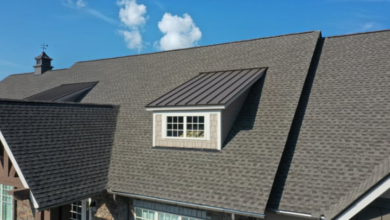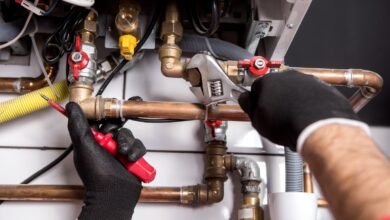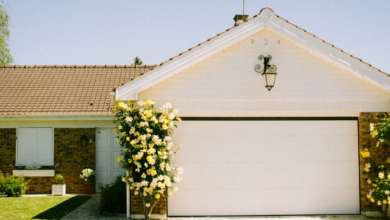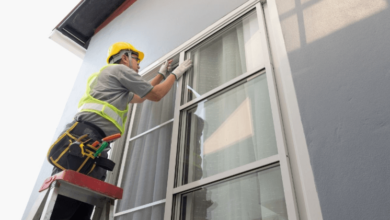How to Repair a Noisy Garage Door: Tips and Solutions
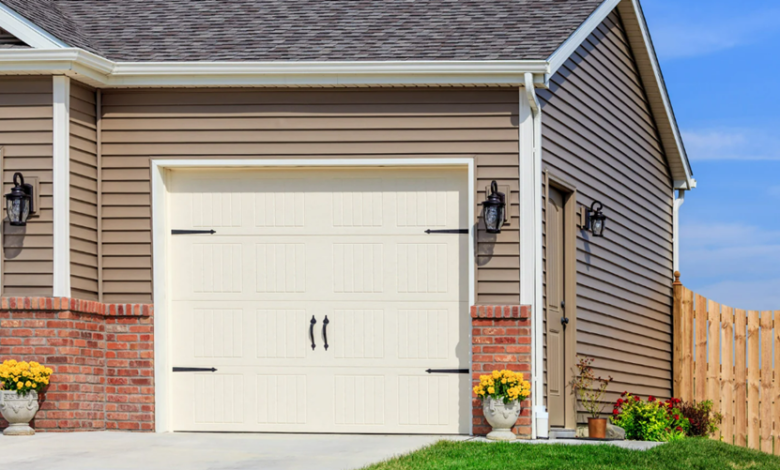
A noisy garage door can be more than just a nuisance; it can signal underlying issues that compromise functionality, safety, and long-term performance. Grinding, squeaking, and banging sounds often indicate worn components, inadequate lubrication, or alignment issues. Addressing these issues quickly ensures the system continues to operate smoothly and quietly.
Professional solutions offer more than temporary noise relief. For homeowners dealing with persistent sound problems, scheduling a service for garage door repair in Springboro can lead to comprehensive diagnostics and long-lasting fixes. During the first visit, trained technicians can pinpoint the exact cause and restore optimal operation.
Common Causes of Noisy Garage Doors
Excessive noise usually stems from a combination of mechanical friction, loose components, or a lack of regular upkeep. Rattling and clanking sounds are often linked to loose nuts and bolts along the tracks or mounting brackets. When unchecked, these vibrations can cause further damage to adjoining parts. Similarly, grinding or squealing noises typically point to worn rollers, misaligned tracks, or dry hinges. While some sounds may appear minor, they frequently lead to more costly issues if ignored. Preventive maintenance is crucial for keeping the system functioning quietly and reliably throughout the year.
Importance of Lubrication and Routine Adjustments
One of the simplest yet most effective ways to address door noise is with routine lubrication. A silicone-based spray applied to hinges, springs, and rollers minimizes friction and significantly dampens sound. However, over-lubrication or using the wrong type of grease can attract debris and worsen the issue. Routine adjustments also play a key role. Garage doors operate under tension, and imbalanced springs or tracks may produce popping or creaking noises. Professionals can realign these systems safely, ensuring components are correctly tensioned and calibrated. With regular maintenance from a garage door professional, proactive upkeep not only quiets noisy operation but also boosts safety and extends the lifespan of the system.
See also: Explore Modern Styles in Home Window Replacement
Identifying When Repairs Require Professional Attention
Sometimes, persistent noise indicates deeper structural or operational concerns that cannot be resolved with surface-level maintenance. Damaged panels, warped tracks, or failing torsion springs can create irregular motion and unpredictable loud sounds. Rather than guessing at the root cause or trying risky fixes, homeowners benefit most from expert evaluation. Unlike superficial solutions, trained technicians offer precise realignment, hardware replacement, and quiet-motor upgrades where needed. The comparison between DIY vs. professional garage door repair highlights why certified service is a safer and more effective route for resolving complex noise issues. Professional technicians follow detailed protocols, ensure part compatibility, and protect manufacturer warranties.
When Noise Signals Imminent Failure
In many cases, a noisy garage door isn’t just about inconvenience, it’s a warning sign of pending failure. Doors that shudder, jerk, or vibrate loudly during movement may be experiencing imminent cable wear or motor strain. Waiting too long to address these symptoms can lead to a complete system breakdown or unexpected safety hazards. This makes regular inspection vital. Professionals can detect early signs of degradation, from cracked rollers to misaligned drums. These minor corrections often prevent major disruptions and costly replacements.
Conclusion
Persistent noise coming from your garage door is more than just an annoyance, it’s a signal that your system needs attention. Tackling these sounds with professional support ensures the longevity, safety, and quiet operation of your equipment. Timely garage door repair can restore peace of mind and uninterrupted functionality with lasting results.

